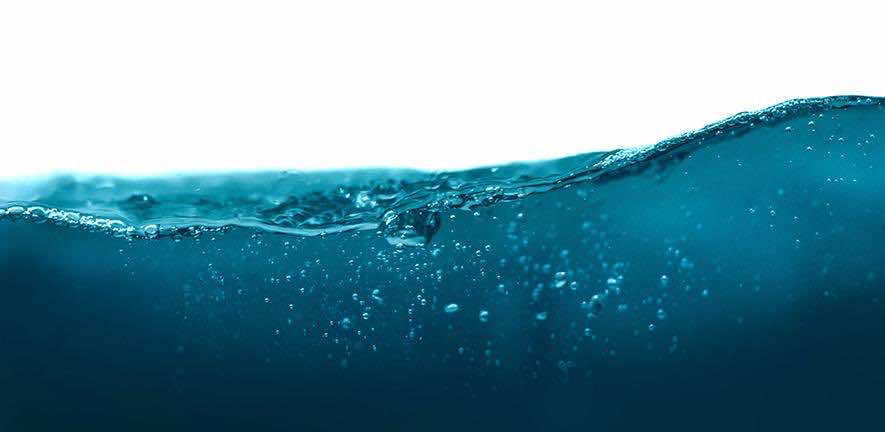We have always been taught that water can only exist in two other states, i.e., ice or gas. However, scientists from the University of Cambridge have discovered that water in a nano-molecule layer acts neither as a liquid nor a solid phase, becoming highly conductive at high pressures.
If we talk about “Bulk Water,”: it expands when frozen and has a high boiling point. However, when water is squeezed to the nanoscale, its characteristics alter substantially.
The researchers discovered a few new phases of water at the molecular level by creating new methods for predicting anomalous behavior with extraordinary precision.
Water trapped between membranes or microscopic nanoscale spaces is common; it may be found in anything from human body membranes to geological formations. However, the new phase of nanoconfined water behaves significantly differently from the water we consume.
Currently, the difficulties in describing water phases on the nanoscale have hampered a complete understanding of its behavior.
The Cambridge scientists describe how they used breakthroughs in computational techniques to estimate the phase diagram of a nano-molecule thick layer of water with precision in a report published in the journal Nature.
The Cambridge-led team utilized various computational methods to investigate an individual layer of water at the first-principles level. According to scientists, water confined to a nano-molecule thick layer travels through multiple stages, including a “hexatic” phase and a “superionic” phase.
Water behaves as something between a solid and a liquid during the hexatic phase. Then, water becomes extremely conductive in the superionic stage, which occurs at greater pressures, driving protons through ice like the flow of electrons in a conductor.
Understanding water behavior at the nanoscale is significant for many emerging technologies. The behavior of water trapped in small cavities in the human body can determine the outcome of medical treatment.
Predicting how confined water will behave is critical in creating highly conductive electrolytes for batteries, water desalination, and frictionless liquid transport.
Doctor Venkat Kapil of Cambridge University stated that properly understanding water behavior is the underlying question for all domains.
The paper’s lead author, Yusuf Hamied, a doctoral student in the Department of Chemistry, noted that their method will “enable the investigation of a single layer of water in a graphene-like channel with unprecedented predictive accuracy.”
The results of the study were published in Nature.

